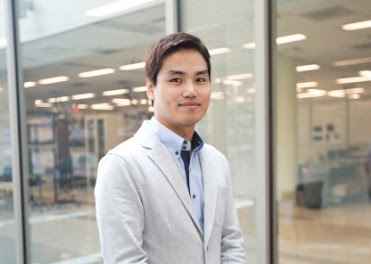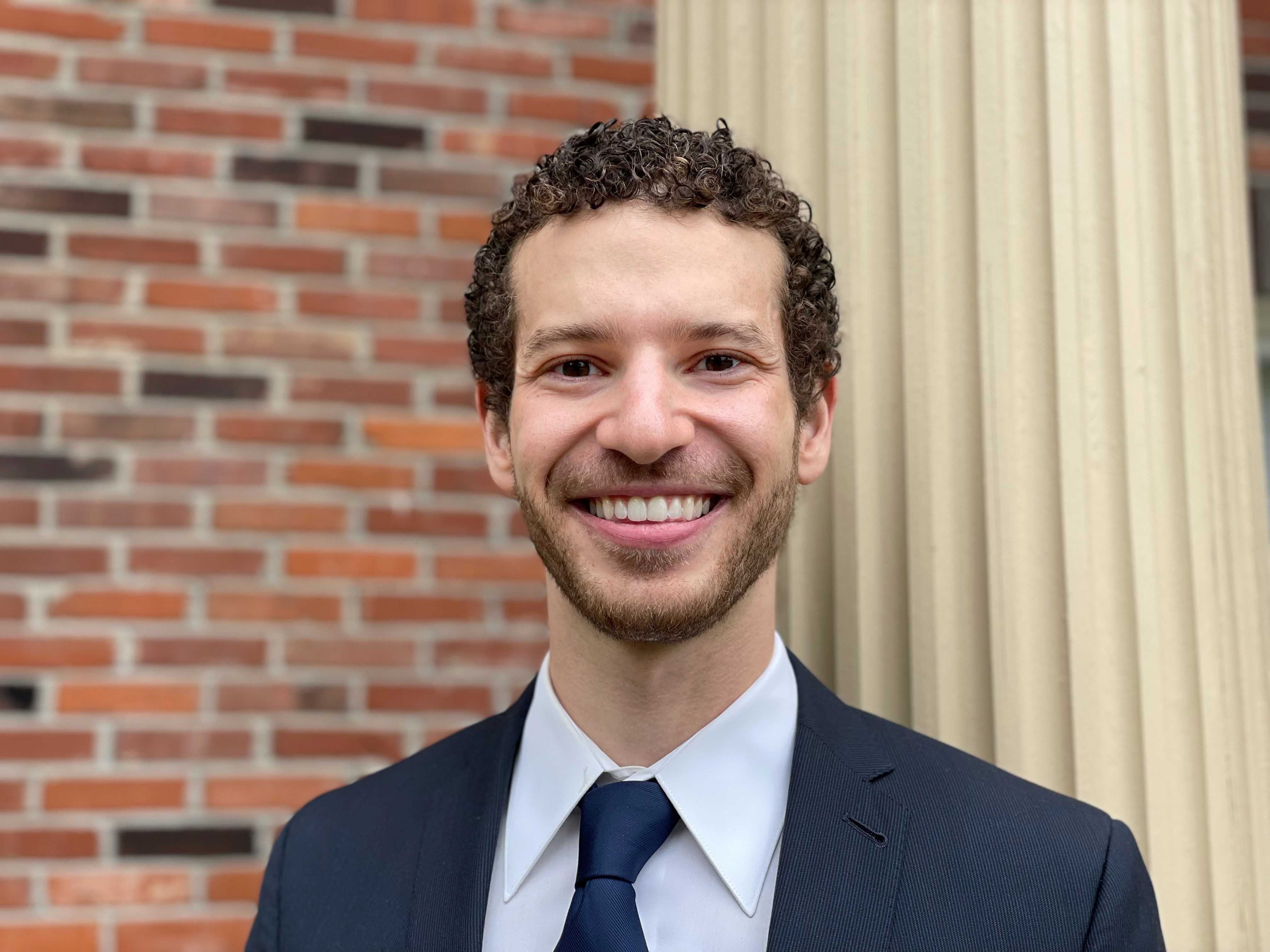Johnna Temenoff

Dr. Johnna S. Temenoff is the Carol Ann and David D. Flanagan Professor at the Coulter Department of Biomedical Engineering at Georgia Tech/Emory University. She is also currently the Director of the NSF Engineering Research Center in Cell Manufacturing Technologies (CMaT) and the Director of the Marcus Center for Therapeutic Cell Characterization and Manufacturing (MC3M). Scientifically, Dr. Temenoff is interested in scaling culture of therapeutic cells and tailoring the molecular interactions between glycosaminoglycans and proteins/cells for use in regenerative medicine applications. Her laboratory focuses primarily on promoting repair after injuries to the tissues of the shoulder, including cartilage, tendon, and muscle.
Dr. Temenoff has been honored with several prestigious awards, such as the NSF CAREER Award, Arthritis Foundation Investigator Award, and Society for Biomaterials (SFB) Clemson Award for Contributions to the Literature, and was named to the College of Fellows of the American Institute for Medical and Biological Engineers (AIMBE), as a Fellow of the Biomedical Engineering Society (BMES), as a Fellow of the International Academy of Medical and Biological Engineering (IAMBE) and as a Fellow of Biomaterials Science and Engineering, International Union of Societies for Biomaterials Science and Engineering (IUSBSE). She has co-authored a highly successful introductory textbook - Biomaterials: The Intersection of Biology and Materials Science, by J.S. Temenoff and A.G. Mikos (now in a 2nd edition), for which Dr. Temenoff and Dr. Mikos were awarded the American Society for Engineering Education’s Meriam/Wiley Distinguished Author Award for best new engineering textbook.









